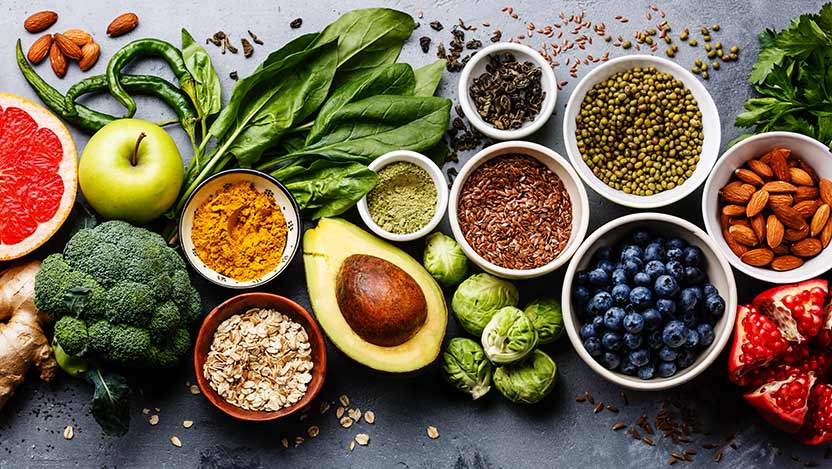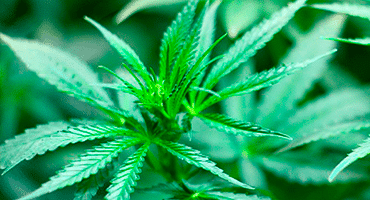
Bath bombs are a fun and easy way to add some colour and fragrance to your bath time routine. These can be a wonderful addition to any self care routine and can help you relax after a stressful day. It can be fun to put bath bombs in your tub. They will create the perfect atmosphere for your soaking session.
CBD Bath Bombs
Our handmade cbd bath balls are handcrafted in Maine by skilled artisans. The best ingredients allow for a refreshing and relaxing soak experience. You can choose from Blueberry, Herbal Essence, or Lavender scents for your cbd bath Bombs.
The best part about our cbd bathtub bombs is their non-toxic nature. It provides you with the soothing effects of a bath but without any negative health consequences or side effects. You will also find 100mg organically derived CBD in the bath bombs. This has many benefits for your health and well-being.

Do Bath Bombs in the Spa Cause Drain Clogs?
Bath bombs' main ingredients (baking soda. citric acid. cornstarch) don't cause any harm to your bathtub or drains. However, bath bombs' other ingredients can clog your pipes and cause dyes on your tub finish. This can be avoided by making sure you read all ingredients and following the instructions to make your bath bombs.
Are Bath Bombs safe?
Bath bombs have the potential to irritate skin, particularly if they are scented or dyed. These chemicals can penetrate your skin via your pores and cause itching, redness, and sometimes even rashes. This is particularly dangerous if your skin is sensitive or you have a history of eczema.
Avoid bath bombs for sensitive skin. If you are unsure about the safety of bath bombs for your skin, consult a dermatologist.
How to make Bath Bombs
You can make your own bath bombs at home with ingredients that you can easily find at a local grocery store. It's a simple process, just combine the liquid ingredients in a bowl and slowly mix in the dry ingredients until you have a smooth mixture. You can also add other essential oils and decorations, to create a wide variety of scents.

How to make bath bombs in the tub
Once you've collected all the ingredients, you are ready to start mixing them and gradually adding the citric Acid. When the citric acid is combined with other ingredients, it will create a little fizz. You can either place the mixture in molds or allow it to dry overnight.
Once you've dissolved the mixture into your bathtub water, soak in it for 15-20 minutes to enjoy your soaking session and reap all the benefits of the ingredients! You can also rinse the bathtub out and wipe away any leftover residue before calling it a night.
FAQ
How big is the global CBD market?
Euromonitor International estimated that the global CBD industry was worth $US3.5 billion in 2015. This is a more than 10% increase over 2014.
The report projects that this figure will reach $US6.4 billion by 2020. This represents an average annual growth rate 12%.
CBD products are expected account for about half of all hemp products worldwide by 2020.
This includes CBD oils, as well other CBD products, including food, beverages cosmetics, pet care, and CBD oils.
Is CBD a good place to invest?
The demand for hemp-based goods continues to rise as more people realize their benefits. The market for hemp-based products could reach $1 billion by 2022, according to estimates.
Market growth is expected to continue at a rate of more than 20% annually until 2020 when it will reach $2.5 billion.
Hemp oil is used in many beauty- and health-care products like lotions.
There are many CBD-infused food items, such as snacks, dog treats and pet foods, that can be produced by companies.
CBD is currently legally available in all 50 States. However, this could change soon. Businesses will find it easier to legally operate legally as more research is done on CBD's potential uses.
With these factors in mind, it's clear that investing in CBD can be a lucrative venture.
What are the best uses for CBD?
CBD can also be used to treat anxiety. It is also used to treat pain, insomnia, epilepsy, inflammation, depression, and other conditions.
CBD can be consumed in many different ways. You can eat foods containing CBD, drink CBD tinctures, vape CBD e-liquids, apply CBD creams and salves, or even put CBD drops under your tongue.
CBD has many health benefits. CBD has been shown to be beneficial for people with chronic pain, anxiety, PTSD, and other conditions.
Where can you buy CBD products
CBD can be bought online or at your local retailer. Online retailers offer better deals. Many websites offer CBD products that are made from industrial hemp. This product contains less than 0.3% THC.
Look for local businesses that sell CBD products.
Many states now allow CBD products to sold without a prescription. CBD products might be available for purchase at your local pharmacies if you're a resident in one of these states.
CBD products might even be delivered directly at your doorstep.
Is the CBD market growing?
Yes! And that growth is expected not to stop as legalization continues across North America. Canada, which legalized recreational cannabis, has passed several medical marijuana laws.
This trend will likely continue for at least another decade as more states pass legislation allowing access to medicinal marijuana.
It is also economically sensible to legalize marijuana. Legalizing pot can provide many benefits, not only for farmers but also for the general public.
For example, it could help reduce crime rates by reducing the availability of illegal drugs. It could also be a source for tax revenue.
People may choose to drink less alcohol as legal marijuana becomes more popular. This would reduce hangovers and increase health care costs.
People with chronic pain may also find marijuana to improve their quality life. Many believe that THC, which is the active ingredient of marijuana, can help relieve muscle spasms and nausea from chemotherapy.
Finally, marijuana might become a valuable tool for treating mental illnesses such as depression and anxiety. Some studies even suggest that marijuana may be able to treat schizophrenia.
The future is bright for CBD, but there are still many challenges ahead.
How can companies successfully market CBD products in a regulation-compliant manner?
The FDA does no regulate hemp as a crop commodity. The Controlled Substances Act regulates all cannabis derivatives, including marijuana. To date, there are no specific regulations for CBD.
CBD is legal in 29 states. Federal law, however, still considers it illegal. This uncertainty creates uncertainty for CBD product sellers.
The FDA also sets strict guidelines about how CBD products are promoted. THC content must be clearly disclosed. Companies cannot claim that CBD helps treat certain medical conditions without scientific evidence to support this assertion.
Additional information is required by the FDA regarding manufacturers' manufacturing practices, quality control measures, and other details. They also require companies to conduct clinical trials to prove safety and efficacy.
These factors should be considered by companies when they develop their marketing strategies.
Statistics
- As a substance that was federally illegal before the passage of the 2018 Farm Bill, hemp-derived cannabinoids with no more than 0.3% THC still face a regulatory grey area. (forbes.com)
- The inhibition of FAAH is predicted to lead to an increase in brain and plasma concentrations of AEA, which acts as a partial agonist at CB1R and CB2R, thereby increasing endocannabinoid tone [92, 110]. (ncbi.nlm.nih.gov)
- however, one study also found that these effects were virtually abolished when the original media (a nutrient broth agar) was replaced with one containing 5% blood (increasing the minimum concentration to ~160 μM CBD) [179]. (ncbi.nlm.nih.gov)
- HR −16 mmHg; 95% CI −26, −6; I2 = 92%) (ncbi.nlm.nih.gov)
- A recent systematic review of human trials also reported that individuals with epilepsy receiving CBD (5–20 mg·kg−1·day−1) were more likely to experience decreased appetite than those receiving placebo (i.e., ~20 vs. 5% of patients) (ncbi.nlm.nih.gov)
External Links
How To
What are the most common problems in the CBD industry?
The market for CBD products is expanding at an astounding rate. Businesses looking to get into this market face many obstacles. These include lack of consumer awareness and high costs of entry, limited capital access, and regulatory uncertainty.
Many consumers aren't aware of the benefits and limitations of CBD. They are unable to make an informed decision about buying CBD products.
Many CBD companies depend heavily on word of mouth marketing. This can be costly as it involves advertising and staffing to promote the brand.
Another problem for new entrants to CBD is the high price of production. CBD products can be very costly because of the cost of the raw materials. To make CBD oil, hemp must be grown in certain climates and soil types.
It takes approximately $1,000 per acre to grow enough hemp to process into CBD oil. As a result, many small farmers cannot afford to start.
Access to capital is another challenge for new entrants in the CBD market. Banks discourage many people from starting a business because of the stigma attached to this industry.
The sale of CBD products is still subject to regulatory uncertainty. There are currently no clear guidelines regarding how CBD products should be marketed.
Although states have passed laws restricting CBD products sales, these policies are not yet national.
Only Nevada and Maine have so far legalized recreational marijuana.
Massachusetts and Michigan are however considering similar measures.
These changes could increase competition among CBD manufacturers.
Many entrepreneurs prefer to work at home over starting a business.